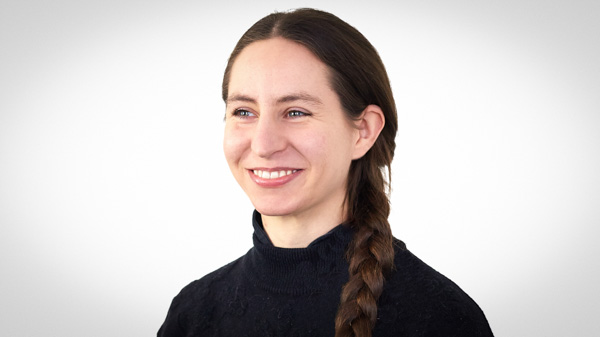Making sense of our connected world

The HIIG at GOR 15
Photo: Cornelius Puschmann, Kaja Scheliga, and Isabella Peters (before she and her colleagues won the poster prize)
This year, like last year, the HIIG was programme partner for the Internet & Society track at the General Online Research Conference in Cologne. Here are my impressions from the conference.
Track B on #GOR15 will be: Internet and Society Thanks to our Programme Partner: @hiig_berlin https://t.co/H4FenfkSb3
— DGOF (@dgof_gor) 25. Februar 2015
Last year we had a session on open science, this year we talked about citizen science. In the citizen science session I presented our current work based on multiple case study research on citizen science platforms in Germany. I focused on elements that are important for involving volunteers in citizen science projects and discussed them in the context of collective intelligence. Our second speaker was Lisa Pettibone (Naturkunde Museum, Berlin) who presented insights from an online consultation process that is part of creating a 2020 strategy for citizen science in Germany.
I particularly enjoyed Eszter Hargittai’s (Northwestern University) talk about the skill divide in online participation where she analysed differences in editing behavior on Wikipedia between men and women. In another session, she presented interesting findings on internet skills among the elderly, showing that financial circumstances have an influence on online abilities.
I was impressed by Suzy Moat’s (University of Warwick) excellent keynote about quantifying human behavior with internet data. Based on research she conducted with her colleagues, she showed that internet users from wealthier countries are more likely to search for information about the future, that patterns in searches for financial information on Wikipedia and Google might offer clues to subsequent stock market changes, and that people who live in places that are perceived as scenic or beautiful tend to report better wellbeing. It was a pleasure to listen to complex research results being presented with such clarity.
Unsere Highlights der #GOR15 (I): @suzymoat sagt fallende Kurse durch Anstieg börsenrelevanter Wiki-Views voraus. http://t.co/sYW2BnHOmD — aproxima Weimar (@aproximaweimar) 23. März 2015
This post is part of a weekly series of articles by doctoral canditates of the Alexander von Humboldt Institute for Internet and Society. It does not necessarily represent the view of the Institute itself. For more information about the topics of these articles and asssociated research projects, please contact info@hiig.de.
This post represents the view of the author and does not necessarily represent the view of the institute itself. For more information about the topics of these articles and associated research projects, please contact info@hiig.de.

You will receive our latest blog articles once a month in a newsletter.
Featured topics
The Human in the Loop in automated credit lending – Human expertise for greater fairness
How fair is automated credit lending? Where is human expertise essential?
Impactful by design: For digital entrepreneurs driven to create positive societal impact
How impact entrepreneurs can shape digital innovation to build technologies that create meaningful and lasting societal change.
Identifying bias, taking responsibility: Critical perspectives on AI and data quality in higher education
AI is changing higher education. This article explores the risks of bias and why we need a critical approach.




